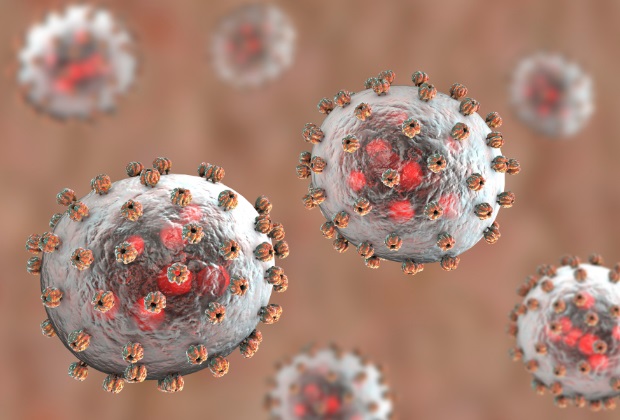Dr Kingsley Akhamie of Nisa Premier Hospital has emphasised the importance of vector control, environmental hygiene, and preventive health practices to combat the spread of yellow fever and Lassa fever in Nigeria.
In an interview with the News Agency of Nigeria (NAN) in Abuja on Sunday, Akhamie described both illnesses as highly dangerous viral infections and ongoing public health concerns, particularly during seasonal outbreaks.
He explained that yellow fever was an acute viral hemorrhagic disease transmitted by infected mosquitoes, especially in areas with poor environmental sanitation.
“Symptoms include sudden fever, chills, back pain, headache, jaundice, nausea, and in severe cases, bleeding and organ failure.
“Treatment for yellow fever is supportive as there is no specific antiviral drug, so early detection and care are critical,” he said, adding that prevention through vaccination remained highly effective.
According to him, it is part of the routine immunisation schedule and provides strong protection.
For Lassa fever, Akhamie said it was spread primarily through contact with food or items contaminated by rodent urine or feces, and might also be transmitted person-to-person in healthcare settings lacking proper infection control.
“Symptoms include fever, chest pain, vomiting, facial swelling, and in severe cases, internal bleeding.
“It can be easily misdiagnosed in early stages because the symptoms resemble other common febrile illnesses,” he warned.
Akhamie stressed the need for communities to engage in rodent control, store food securely, and maintain clean environments to reduce risk.
“Prevention begins at home, by keeping living environments clean and avoiding direct contact with rodents or contaminated materials,” he said.
He added that early treatment with Ribavirin, an antiviral medication, significantly improved survival rates, particularly when administered within the first six days of symptom onset.
Highlighting broader preventive measures, Akhamie advised the use of mosquito nets, insect repellents, and proper waste disposal to reduce breeding grounds.
He also urged the public to remain vigilant and seek medical care promptly when symptoms appeared.
“Healthcare is not just about treatment, it is about education, prevention, and timely action,” he said, calling on Nigerians to cultivate a habit of vaccination, uphold hygienic practices, and take early symptoms seriously. (NAN)





